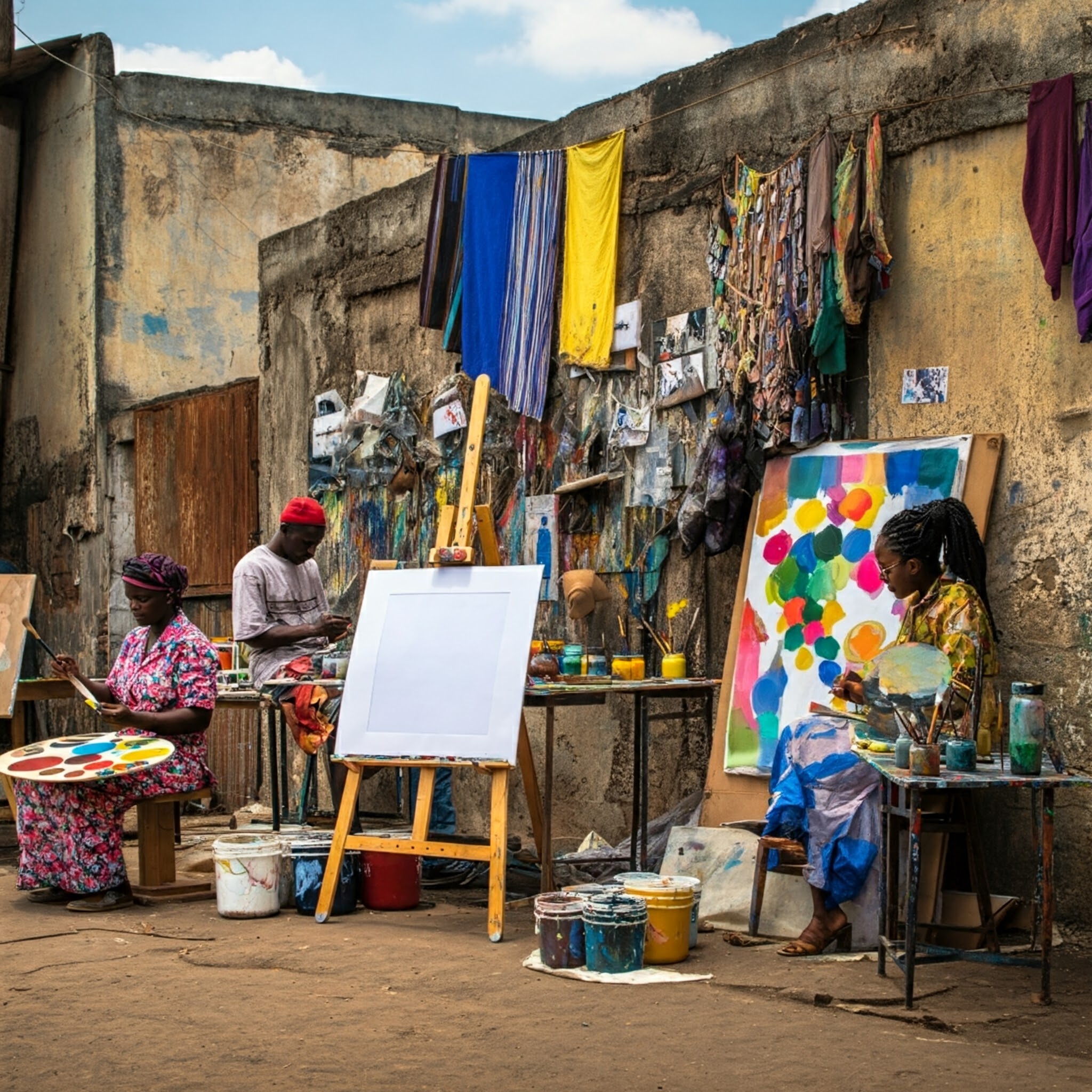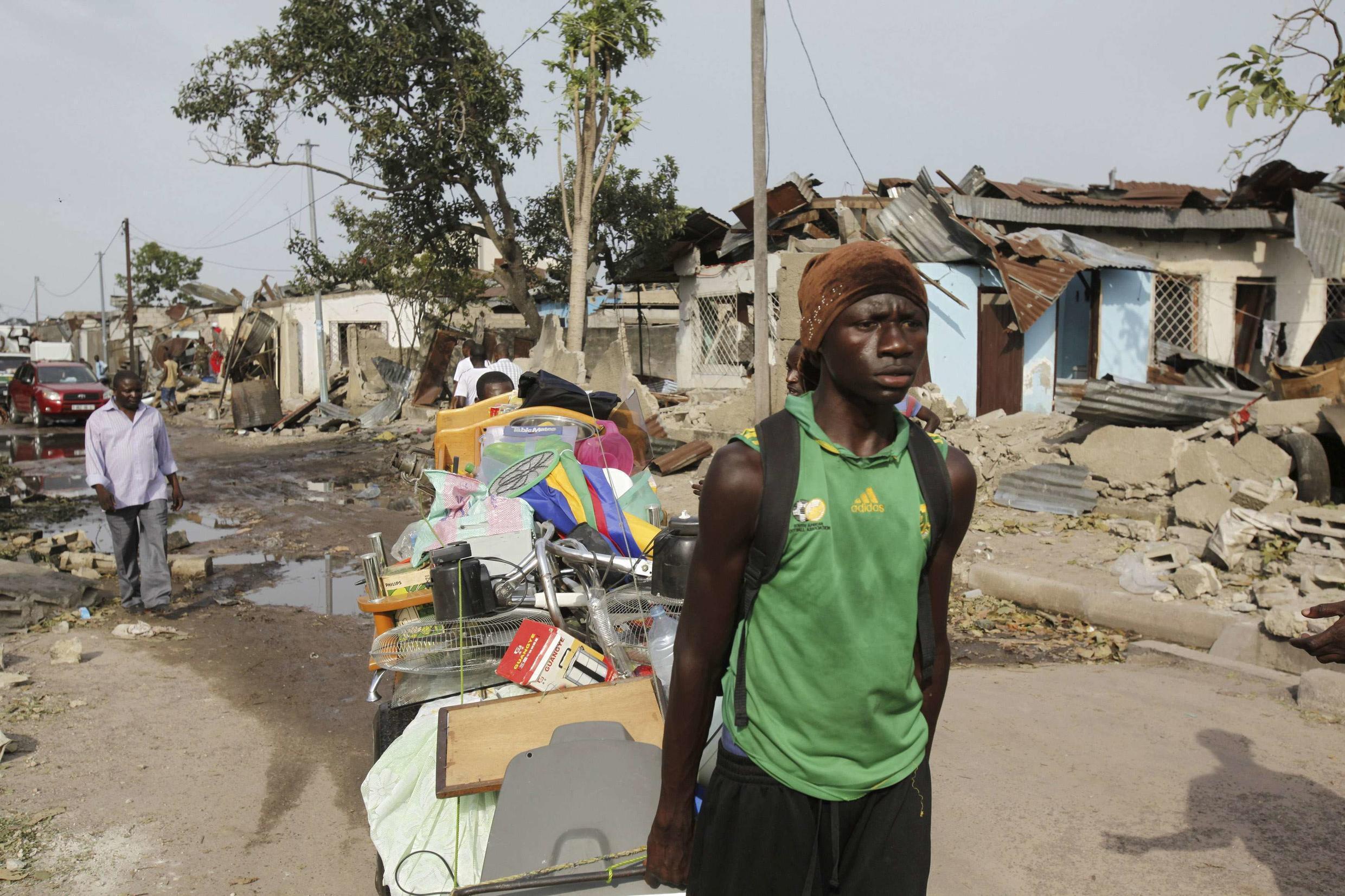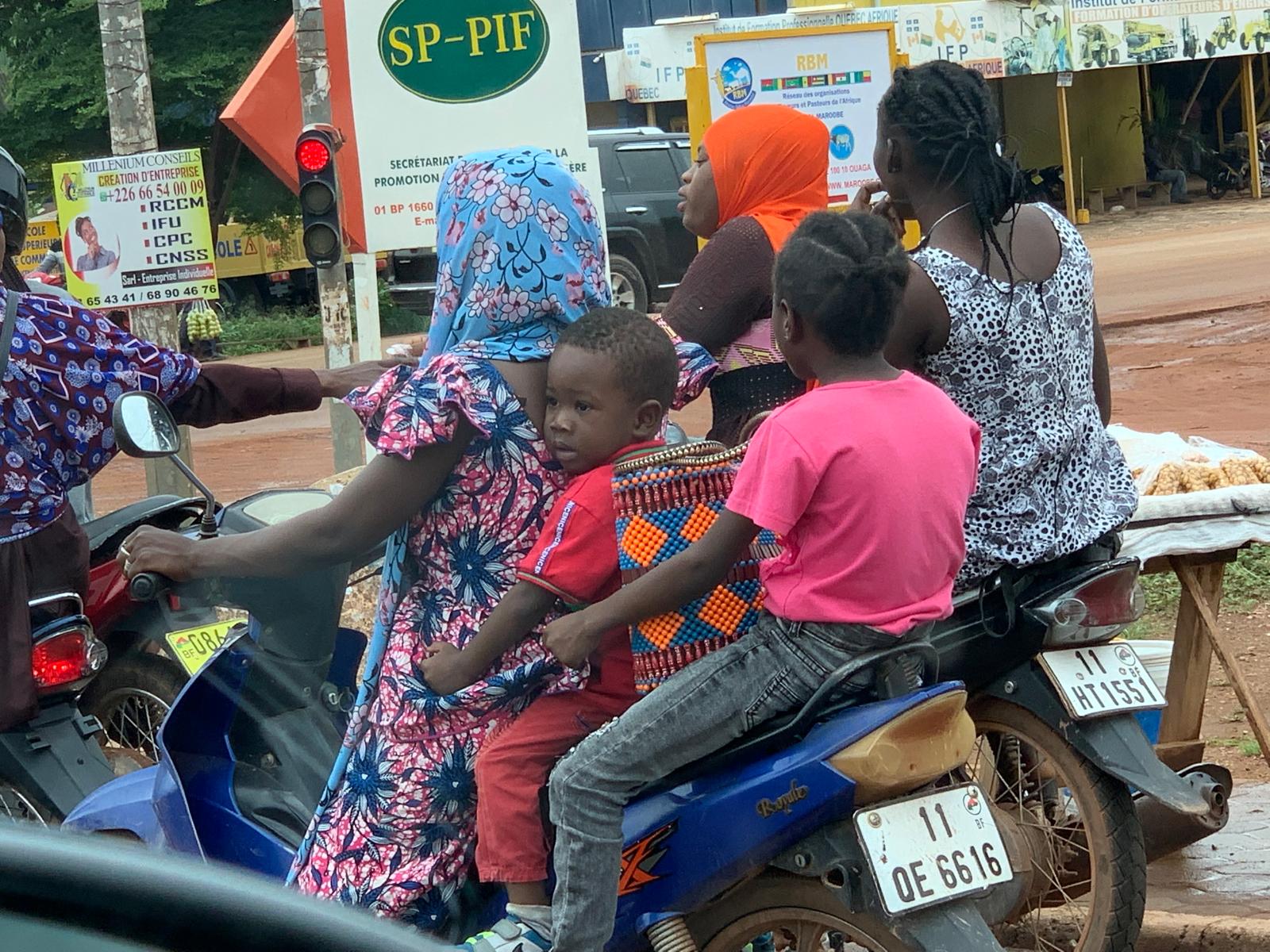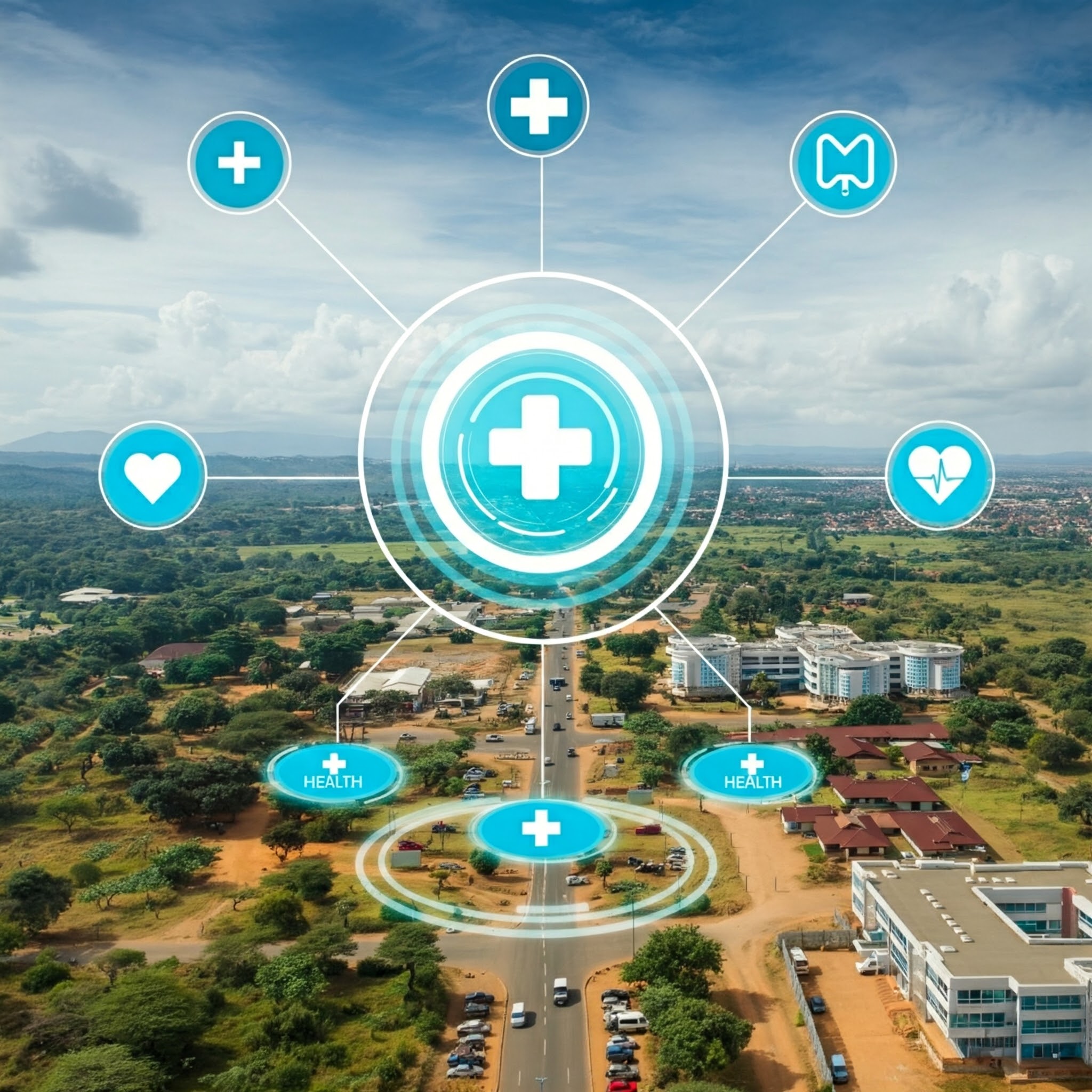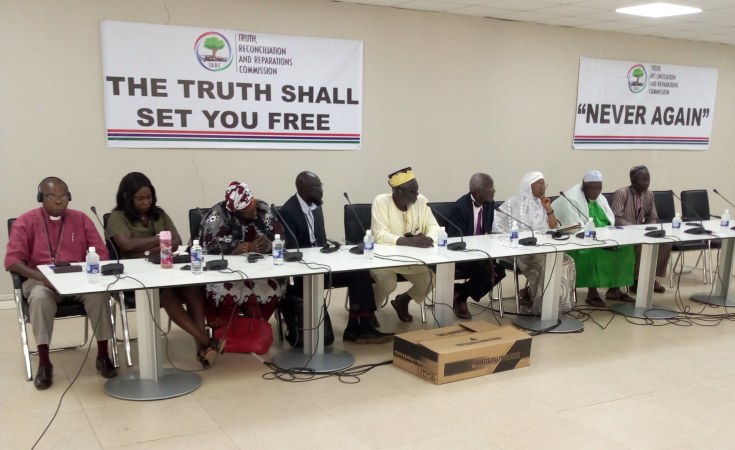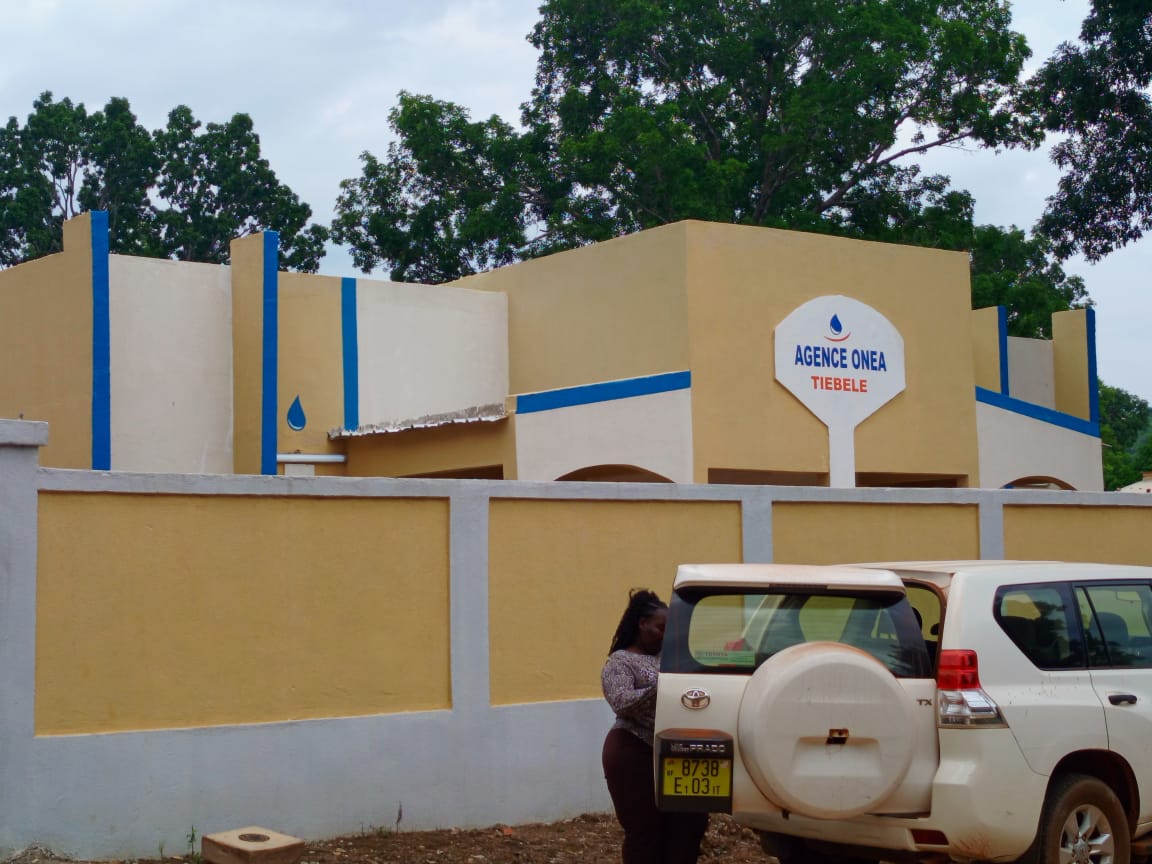
Technical and Financial Audit of the Burkina Faso Water and Sanitation Program
ALG is proud to announce it has completed a comprehensive technical and financial audit for the Results-Based Water Supply and Sanitation Project, which is funded by the World Bank. Commissioned to assist the National Office of Water and Sanitation (ONEA), this audit plays an essential role in maintaining transparency and efficiency in key infrastructure projects within a region facing significant security and climate difficulties.
Context: The Importance of Water Management in Burkina Faso
Burkina Faso is currently home to around 2.06 million internally displaced persons (IDPs) and is seeing a troubling drop in per capita water availability, now below critical levels. This reality highlights the pressing demand for stronger water resource management.
Audit Overview: Major Results and Methods
With funding from agreement N6255-BF, ALG assembled a specialized team—including water engineers, procurement experts, and financial auditors—to review activities across 23 urban centers and rural communes throughout Boucle du Mouhoun, Cascades, Hauts-Bassins, and Sud-Ouest.
The audit resulted in both Provisional and Final Technical and Financial Reports. Key outcomes included:
- Extensive Procurement Evaluation: ALG thoroughly examined every stage of the contracting process, from initial tenders to final awards, confirming adherence to economic, efficient, and transparent practices. They compared institutional frameworks with the public service procurement code for greater insight.
- Infrastructure Validation: The team rigorously checked technical studies and inspected water and sanitation facilities on-site, verifying that they conformed to project requirements and cost targets.
- Financial Review: The auditors ensured project funds were used exclusively as intended, carefully examining transactions and accounting records for compliance with accepted principles—directly tackling the need for better financial oversight.
Client Response: Outcomes and Progress
The World Bank Team commended the audit’s thoroughness and useful recommendations. Rather than just pointing out issues, ALG offered guidance for strengthening institutional capacity.
- Improving Financial Oversight: After uncovering more than CFAF 32 billion in unsupported commitments in an earlier review, the audit clarified ONEA’s financial management, providing a foundation for reliable future tracking and use of funds.
- Practical Recommendations: Beyond identifying compliance problems, ALG suggested ways to improve internal procedures at ONEA, aiming to strengthen contract management systems and information reliability for future water projects.
- Assisting Vulnerable Communities: By verifying how efficiently investments are made, the audit helps ensure continued water access for the 78.3 percent who depend on these services, especially in rural zones where coverage has been lacking.
This collaboration marked a step forward for transparency and resilience in Burkina Faso’s water sector, helping guarantee that development resources benefit the people who need them most.

